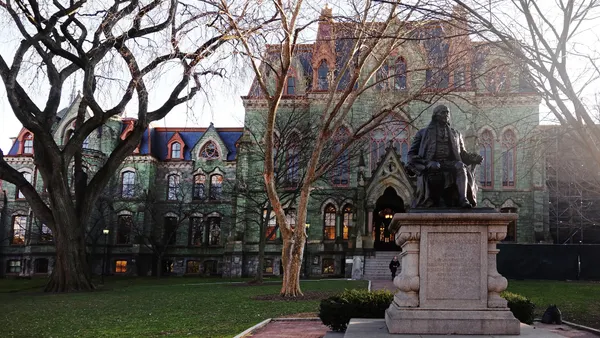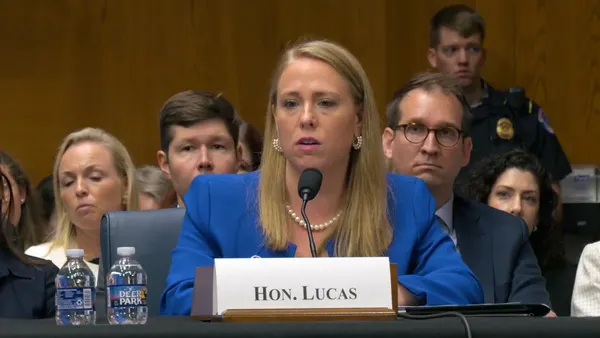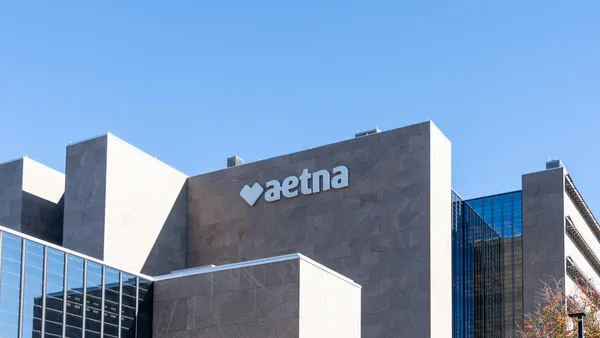Dive Brief:
- The New York Senate passed a bill March 1 that would grant private and public employees up to four hours of paid leave to receive a dose of the COVID-19 vaccine.
- The bill, which also passed in the state’s Assembly, has yet to reach the desk of New York Gov. Andrew Cuomo, but he included the proposal in his outline of the state’s FY 2022 budget.
- As Fisher Phillips attorneys pointed out in a blog post, the bill does not specify "whether employers can ask for proof of vaccination and what that proof could be; whether employees can use this paid leave for recovery from any side effects; and whether employers can exert any control over when an employee schedules a vaccine appointment."
Dive Insight:
The bill points out that many essential workers in New York are eligible to get a COVID-19 vaccine. "It is vital that these essential employees, which include healthcare workers, grocery clerks, emergency medical service personnel, staff in congregate care facilities, police officers, fire-fighters, corrections officers, teachers, and more, receive the vaccine in as expeditious a manner as possible in order to decrease the risk of contagion for themselves and their families while being forced to report to work," the bill stated.
Some employers have taken it upon themselves to offer workers paid time off to get vaccinated. Target, for instance, announced Feb. 10 that it will offer free transportation and four hours of pay to hourly workers who get the vaccine. McDonald’s rolled out similar measures.
Some employers are offering more direct incentives in the form of cash awards. Kroger workers who roll up their sleeves will receive $100, the grocery store announced. But such incentives, which could be considered participation-based awards, may be subject to U.S. Equal Employment Opportunity commission rules, sources previously told HR Dive.
Business groups have lobbied the agency to clarify the rules surrounding such awards. "We recognize that wellness incentives have been closely scrutinized over the years and are the subject of recent regulations," groups said in a letter. "We believe, however, that the paramount needs of the current crisis can be distinguished from wellness programs."













